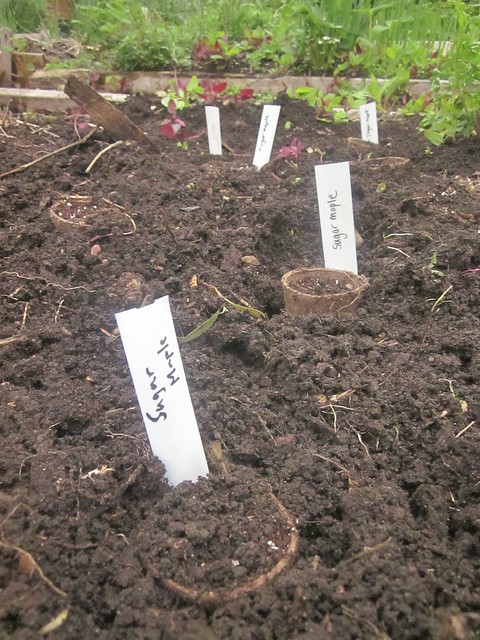
There's this thing partisans do where they take the excesses their opponents and define them by it. The Tories decry the Liberals as arrogant elitists, entitled to their entitlements and point to Sponsorship Scandal as proof of their corruption. Liberals, meanwhile, can point to Karlheniz Schreiber, Fake Lakes, political truths, robocalls, the Chuck Cadman Affair or, of course, the Senate Scandals as evidence the Tories are callous, contemptuous and irresponsible.

Yet it would appear that governments of every partisan stripe are eventually consumed by the same behaviours and resulting falls in cyclical fashion. There's a reason for this - when you demonize your opponents, you start to feel morally superior to them. Whenever you feel a sense of superiority (or entitlement), your standing as a bulwark against the bad guys begins to matter more than how you maintain it.

When put on the spot, though, the vast majority of these pols will point the finger at the other guy exclusively, suggesting the problem is unilateral. After all, they are still partisans and their commitment is still to helping their Party win. The political people are as trapped by the partisan-edged focus of our system as the rest of us are.
There are myriad solutions to this systematic problem that could be explored. Mandatory voting and online voting have been discussed; scrapping our first-past-the-post system has been considered. We can get all kinds of creative, reducing the clout and reach of Political Parties, insisting on more training for elected officials and periodic issues-testing - we could even separate policy from politicians or institute mixed-Party governments as a rule. These are all ideas that can be debated and tested and iterated, if everyone fixes on the ball of reform.

Problem is, they won't, because of all the reasons stated above. If one Party wants a change, the others have to want something different if they're to stand out. Focused on the win, there will always be a reluctance to accept that one's own methodology is at fault.
Of course, it's not all up to them, is it? It's our system they are trapped in - ultimately, it's up to us to break the cycle. That process starts by recognizing that with us or against us isn't going to work - what we demonize in others exists to some degree in ourselves, as well. Focusing on commonality, not differences, is what builds ground to grow on. From there, it takes a diverse mix of ideas, approaches and perspectives to inform a truly sustainable system.
It's probably the wrong season to be digging into root causes, however - after all, winter is coming. It might just be the right one, however, to start planting seeds.


No comments:
Post a Comment